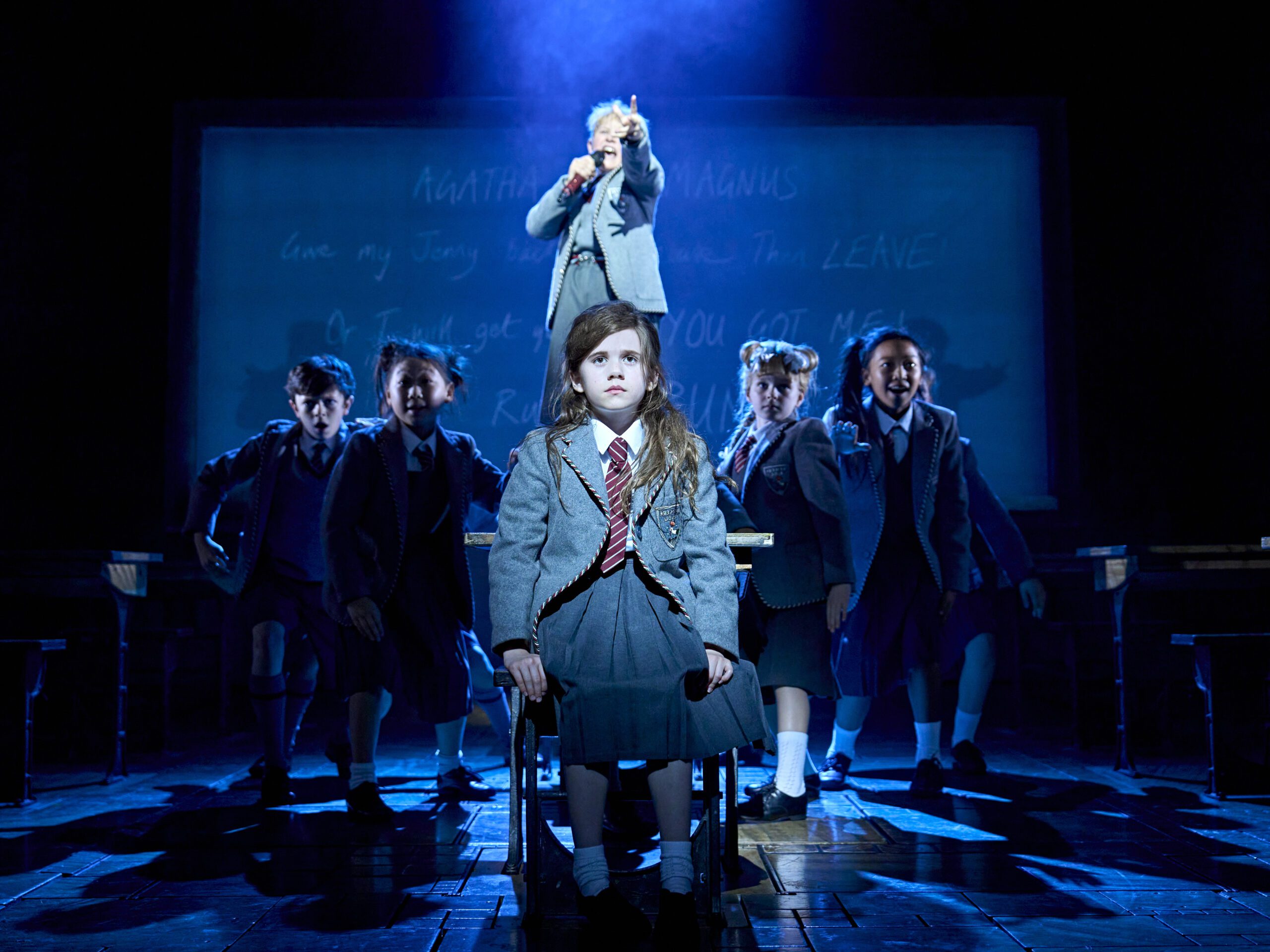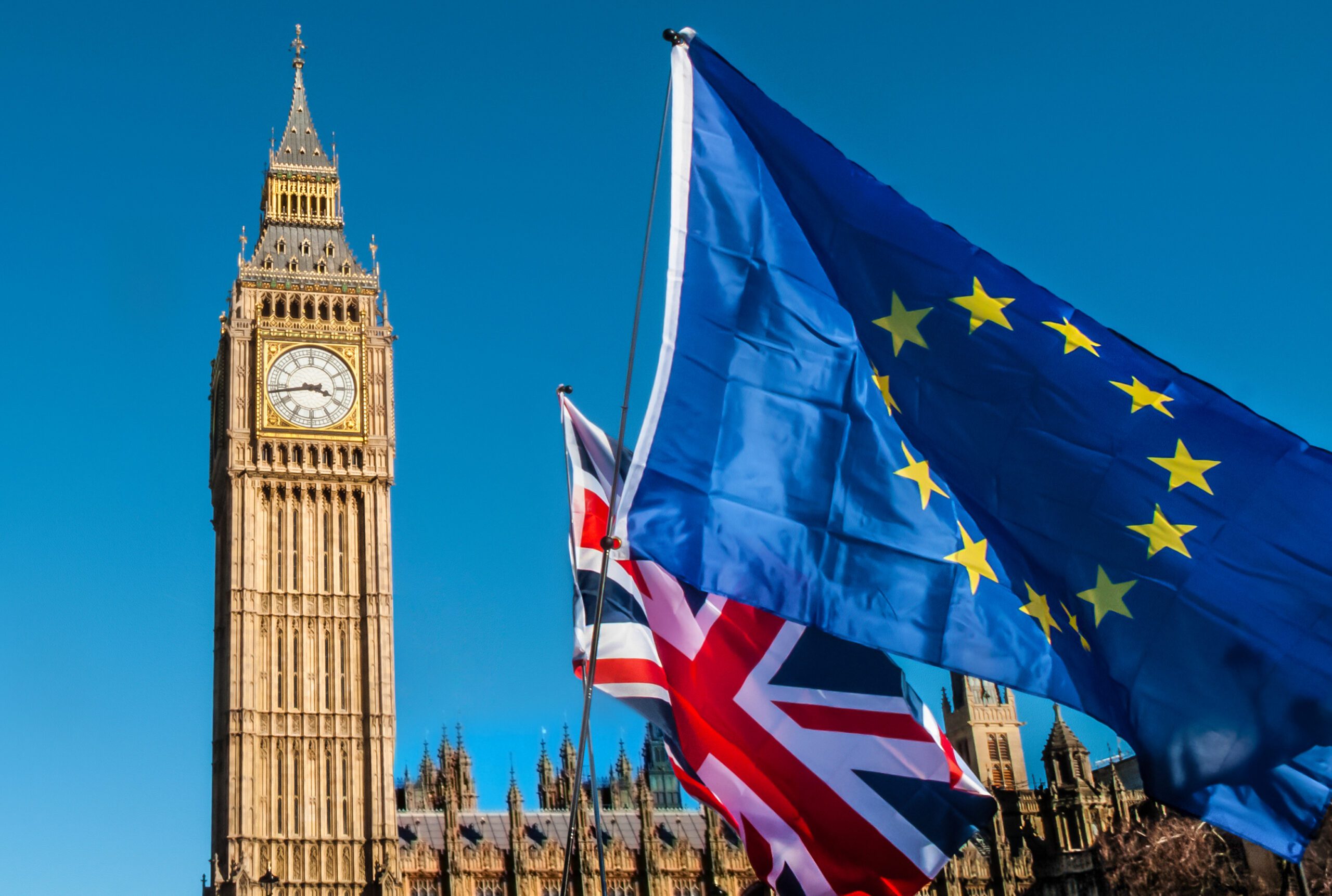Find out how Spotlight and the AYPA are demanding an urgent government review to establish uniform, safer protections for the UK’s child performers.
It’s time we properly acknowledged the vital contribution of young performers to the UK’s creative industries. Despite their essential talent, the current regulations leave these performers vulnerable, lacking crucial financial and safeguarding protections across a confusing licensing patchwork.
This article explores the urgent need for a cohesive government review to secure a safer and more uniform future for every child on stage and screen.
What You’ll Learn in This Article:
- The current system for regulating UK child performers is failing to keep up with technical developments, with licensing often treated as an educational issue by the Department for Education (DfE) rather than a cultural one by the Department for Culture, Media and Sport (DCMS).
- Despite existing legislation, there is a “local authority lottery” for licences, leading to inconsistencies in safeguarding, education provision and the standards for chaperones.
- The Agents of Young Performers Association (AYPA) and Spotlight are actively lobbying the government for a comprehensive review and update of the 2014 Regulations, aiming for a uniform, joined-up licensing system.
- There’s a lack of legal financial protections for young performers’ earnings, an issue the AYPA and Spotlight wish to see addressed.
- The need for reform is urgent, given the exponential growth in roles for young performers on both stage and screen.
Young performers are an essential part of the creative industries. Whether or not these performers progress their careers into adulthood, or stop acting before they turn 18, they’re a vital component of our cultural output on stage and on screen. But their contribution is not often given the credit it deserves.
The number of creative opportunities for young performers has grown exponentially over the last decade. On stage, shows like Matilda, The Lion King and Oliver! regularly use child performers for lead roles and rely on their talent, professionalism and dedication in the same way an adult actor would be expected to deliver.
On screen, we’ve seen an increase in the number of roles given to young performers, most significantly the television adaptation of HBO’s Harry Potter series, currently in production. A new generation will be introduced to ‘Harry’, ‘Ron’ and ‘Hermione’ as young British actors Dominic McLaughlin, Alastair Stout and Arabella Stanton take on the roles made famous by Daniel Radcliffe, Rupert Grint and Emma Watson.
The Value and Growth of Young UK Talent
The work of young performers is regulated largely by the Children (Performances and Activities) Regulations 2014. These regulations were intended to:
- Improve the safeguarding for young performers.
- Help young performers get the most out of their experiences working in the entertainment sector.
- Set out requirements around chaperones.
They established a new licensing framework that set conditions for:
- Working hours
- Breaks (including for rehearsals)
- Provided provisions to make sure that a young performer’s education wouldn’t be negatively affected by any time away from school.
The regulations were a significant shift in how young performers were able to perform safely and, for over a decade, have provided the backbone for licensing by Local Authorities across the country.
However, it’s not perfect. The licensing system is uneven. We have no single system for granting licences to perform and it’s not joined up. Without any connectedness, consecutive licences can be granted, leaving young performers without sufficient breaks in working or without the appropriate amount of education provided.
The requirements for chaperones aren’t always to the highest standard, nor are they always engaged for work outside of rehearsals and performances, such as for costume fittings or chemistry reads.
The Flaw in the Foundation: Uneven Regulation
The problems stem from a lack of Governmental oversight. The lead Government department for young performers is actually the Department for Education (DfE) because the overview is seen as time away from education, not the value of the experience working in the creative industries.
The Department for Culture, Media and Sport (DCMS) has no involvement in the delivery of licences or their oversight. A failure to understand the needs of the creative sector and how it works means that young performers are at risk of losing out on opportunities, losing out on their education or being put at risk simply because the licensing arrangements don’t reflect the environment they’re being applied to.
Securing the Future: The Push for a Comprehensive Review
What we’ve been doing so far:
- Spotlight has been working with the Agents of Young Performers Association (AYPA) to lobby the Government to improve the protections of young performers.
- With the help of Baroness Floella Benjamin, the driving force behind the 2014 Regulations, we are working to keep the Government to its commitment to review the Regulations 10 years after they were introduced. Following our collective intervention during the Children’s Wellbeing and Schools’ Bill, the Government has agreed that a review is needed, and we’ll be pressing the Government to meet that commitment.
What we’d like to see happen next:
- We’d like to see a comprehensive review involving the licensing authorities and, crucially, those people who represent young performers when they’re working, whether that be a parent or guardian, or their agent, as well as representatives from the industry working with those performers.
It’s vital that the experience of how our industry works informs and shapes those protective requirements that allow young performers to work safely but maximise their opportunities. We must make sure that they are given all the chances they deserve to showcase their talent and skills but do so in a safe and supportive environment.
Research commissioned by the National Network of Children in Employment and Education (NNCEE) highlighted many inequalities and issues faced by parents and chaperones of performer children. The research, conducted in the summer of 2025 by researcher and educational specialist Rachel Barnett-Jones, proposes a series of next steps and we’re working across the sector to look into how we can continue to advocate for positive change.
Here at Spotlight, we’re looking forward to continuing our work with AYPA and others as we move towards a review of the Regulations and a better understanding of how young performers benefit from our sector.
Essential Steps for New Young Performers
While the industry works tirelessly to ensure the necessary legislative changes are made, parents and guardians of young performers beginning their careers must be proactive. Navigating the current fragmented system requires diligence to safeguard education and well-being. Here are crucial steps to ensure your experience is both safe and professionally rewarding:
- Verify licensing and breaks: Always confirm that your Local Authority licence is current and valid for the production, and strictly track that your child receives the required rest periods and sufficient breaks between consecutive performances.
- Prioritise education: Parents or guardians should ensure any provisions for tutoring or time off school, as mandated by the Department for Education (DfE) guidelines, are meticulously tracked and adhered to.
- Insist on professional chaperones: Demand that a fully vetted chaperone of the highest standard is present not just for the performance, but also for all work, including activities such as costume fittings and chemistry reads.
- Establish financial protection: Given the current lack of statutory protection for young performers’ wages, you should establish a dedicated Trust Account to legally safeguard your child’s earnings until they reach adulthood.
- Seek reputable representation: Choose an agent who is a member of recognised bodies, such as the Agents of Young Performers Association (AYPA), to ensure they operate with the highest professional and ethical standards.
Kelly Wiffen is Head of Public Affairs at Spotlight, working on our engagement with Government, Parliament and other political organisations. She engages Spotlight’s partners across the creative industries to showcase our role in the sector and is currently working on a variety of issues, including employment rights, young performers’ safeguarding and Brexit. She previously worked at both the advertising and broadcasting regulators, Equity and was Head of Public Affairs for Arts Council England.





